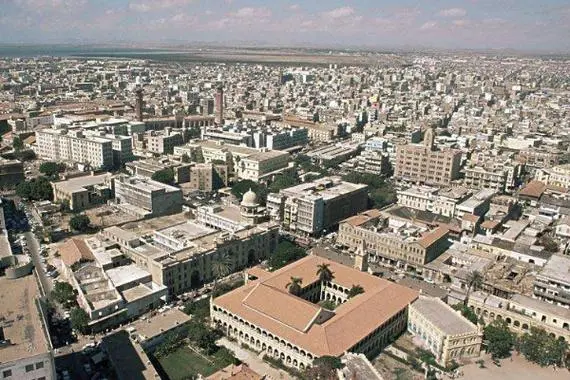Pakistan, a South Asian country with a rich cultural and historical heritage, is rapidly emerging as a significant player in the global IT industry. Geographically, it's strategically positioned, bordering India, China, Afghanistan, and Iran, with a coastline along the Arabian Sea. This diverse topography from mountains to coastlines, combined with a population exceeding 200 million, makes Pakistan a blend of various cultures and ethnicities.
Economically, Pakistan has been transitioning from an agriculture-based economy to one that is more industrial and service-oriented. This shift is prominently visible in the IT sector, which has seen remarkable growth in recent years. The government's supportive policies, such as the establishment of software technology parks and incentives for IT companies, have propelled this sector forward.
A pivotal aspect of Pakistan's IT evolution is its burgeoning Internet usage. With increasing mobile penetration and Internet accessibility, a significant portion of the population is now digitally connected. This surge in connectivity has led to a rise in e-commerce, digital banking, and IT outsourcing, placing Pakistan on the global IT map.
Karachi, the country's economic hub, has been at the forefront of these advancements. Known for its bustling ports and diverse population, Karachi has become a central node in Pakistan's IT network, with a burgeoning tech startup ecosystem and a growing number of IT professionals.
Karachi's role in Pakistan's IT boom cannot be overstated. As the largest city, it has become a prime location for data centers, which are critical in supporting the country's digital transformation. These facilities are not just data storage sites; they are the backbone of cloud computing, e-commerce, and online services, making their growth and advancement crucial for Pakistan's digital economy.
The data centers in Karachi are equipped with state-of-the-art infrastructure, ensuring high availability, robust security, and efficient data handling. They employ advanced cooling systems, redundant power supplies, and strong cybersecurity measures to provide uninterrupted services. This technological prowess is pivotal in supporting the high demand for digital services both within the country and in the region.
Major data centers in Karachi boast impressive capacities. They serve a wide range of clients, from local startups to international corporations, reflecting their importance in the regional IT landscape. These centers are not just IT facilities; they're incubators for innovation, offering a supportive environment for businesses to thrive in the digital realm.
The impact of these data centers extends beyond IT. They contribute significantly to the local economy, create jobs, and foster a culture of technological advancement and digital literacy, making Karachi a vital node in the global digital network.
The launch of cloud servers in Pakistan, particularly in Karachi, marks a new era in the country's IT journey. These cloud servers offer several advantages:
1.Instant Activation: The cloud servers in Pakistan provide immediate activation, allowing businesses and individuals to quickly set up and deploy their digital operations without delay.
2.Self-Service Management: Users have the autonomy to manage their services, including online rebooting and system reinstallation. This flexibility is crucial for businesses that need to adapt quickly to changing demands.
3.IP Address Changes: The ability to change IP addresses offers enhanced security and flexibility, vital for businesses operating in a dynamic digital landscape.
4.Support for Various OS Versions: These cloud servers support multiple versions of both Linux and Windows, ensuring compatibility and convenience for a wide range of users.
5.Online Monitoring: Users can monitor traffic, CPU, memory, disk, and network interface usage online. This feature provides valuable insights into resource utilization, helping optimize performance.
6.Affordable Cost: Perhaps one of the most attractive features is the monthly rental fee of just $8, making these services accessible to a wide range of users, from small startups to large corporations.
The inauguration of cloud servers in Karachi is more than just a technological advancement; it's a testament to Pakistan's commitment to becoming a key player in the global digital economy. The combination of affordable, high-quality IT services, and the country's strategic geographic position makes Pakistan, particularly Karachi, an attractive destination for digital businesses. As Pakistan continues to grow in the IT sector, these developments not only boost the local economy but also offer promising opportunities for global collaboration and innovation in the digital world.
